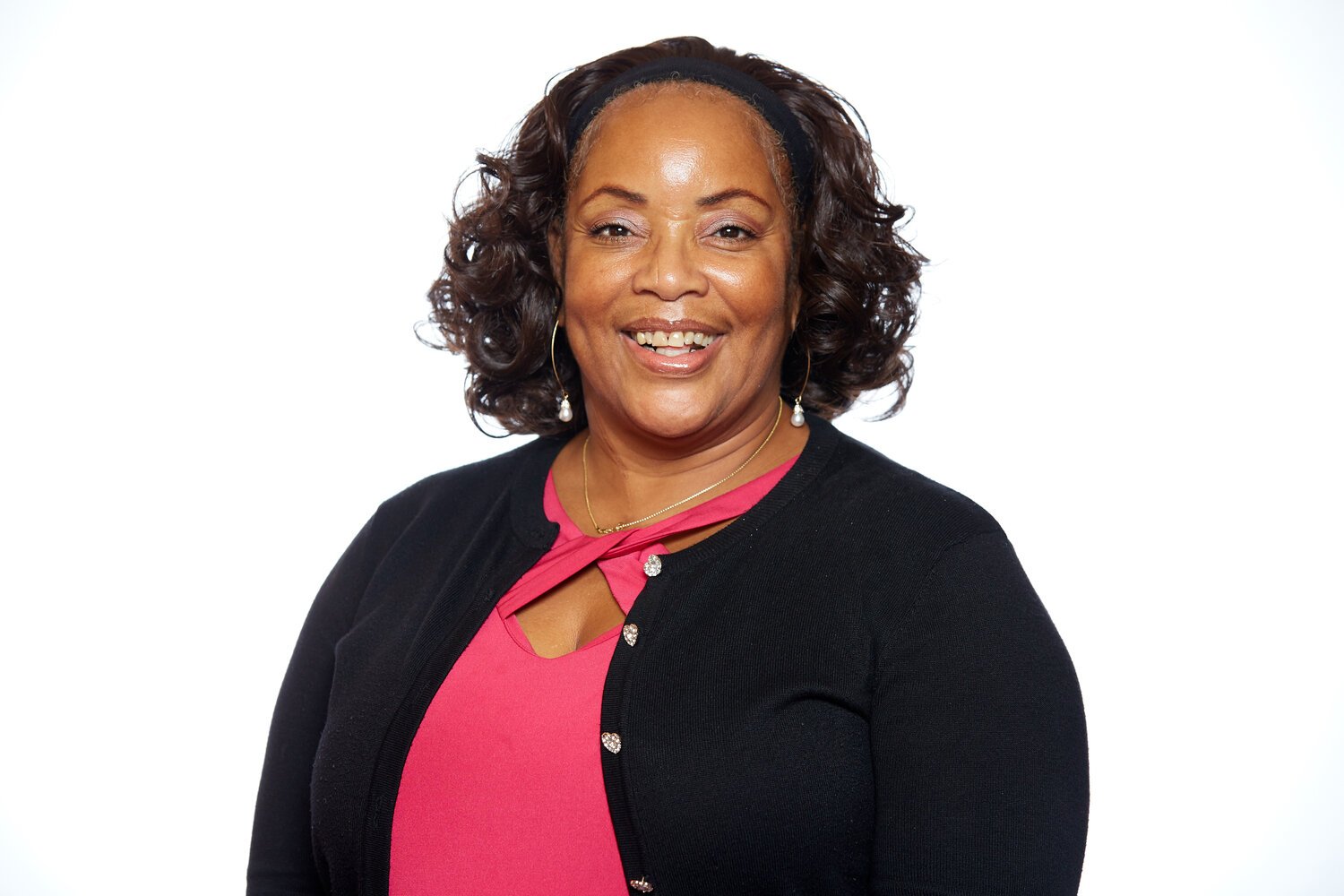Tell us a little about yourself, who you are, and what brought you to Alliance?
I found out about Alliance through word of mouth, when it was still the AIDS Service Center of Lower Manhattan. I was at a women’s HIV support group in a little church in Brooklyn when a woman gave me an application to the Peer Recovery Education Program—that’s what brought me to Alliance: Cycle 5 in 1996. It was in PREP Cycle 5, that I realized that I was able to live with HIV and not die.
Tell us about your experience in PREP?
Coming to the Peer Recovery Education Program, I got more than I bargained for. I was in an environment with like people, who were living with something that didn’t necessarily define them. I realized that I had a lot of life to live, and there were opportunities beyond just the training. It opened up a whole new world for me. I didn’t have to deal with stigma, and I wasn’t being treated differently because I had this virus. I had a new community I could rely on. I had hope for myself and my life beyond my status.
What do you do now at Alliance, and tell us about your program.
I am the Director for Peer Training at the Alliance for Positive Change. I work in training individuals to develop pathways to reenter the workforce, develop skills and knowledge, or attitudes that will be helpful in their communities, and ultimately helping themselves. Our foundational training offers soft skills, basic knowledge around HIV and AIDS, presentations skills, outreach/engagement skills, motivational interviewing, how to connect with people, and much more. Many of these individuals become integral in helping Alliance staff do their work (i.e. outreach into communities). From here, many individuals obtain certifications, gain higher level degrees, reenter the workforce, and beyond.
Is there someone you have helped create positive change?
I met a woman in a mutual aid meeting. I was open with my HIV+ status, and we connected. This person was also HIV+. She had been isolated for many years, her son had been murdered, her aunt had just passed away from complications with liver disease (and also had an AIDS diagnosis). Her family was secretive, and encouraged her not to talk about any of her traumas. I talked her into coming to PREP. Overtime, she got inspired to enter the workforce. She began as a cleaner in a city level job, and over the years she has become a conductor.
Is there a contribution to this program you are particularly proud of?
Because we believe in individuals, individuals have come to believe in themselves. And now they are able to reenter the workforce.
I am also incredibly proud of my team, and the dedication they bring.
